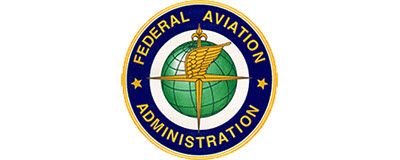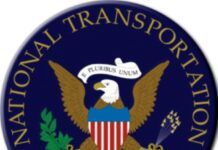
As Congress was heading out the door last weekend for a six-week break, both houses approved an FAA bill (PDF) that extends funding for the agency only for the next two months, but they tacked on some provisions that affect pilot certification. The bill requires that every pilot flying for a commercial airline must hold an ATP certificate, effectively increasing the minimum requirement from 250 flight hours to 1,500, effective three years after the bill is enacted. The bill also requires the FAA to implement NTSB recommendations related to training for Part 121 pilots, including stall and upset recovery training. The FAA must review research on fatigue and mandate new flight and duty time rules for pilots within a year. Also, the bill says the FAA must create a database with a comprehensive training record for every pilot and require airlines to offer remedial training to pilots if needed. Laura Brown, spokeswoman for the FAA, told AVweb on Tuesday her agency is currently reviewing the bill and has no comment yet on its implications.
Chris Dancy, AOPA spokesman, told AVweb the GA pilots who will be affected most by the bill are those who are in training for Part 121 careers. “It will obviously mean more time as a flight instructor or a freight dog, or any of the other ways future airline pilots build time,” he said. The safety measures have largely been driven by reaction to last year’s Colgan Air crash in Buffalo. FAA funding will continue at present levels until Sept. 30, with no extra funding specified for NextGen. The FAA has been operating on short-term funding for about three years. The Helicopter Association International said it appears likely that the Sept. 30 deadline will be reached without any agreement on a new long-term funding bill, and the process will have to start all over in the next session.


































